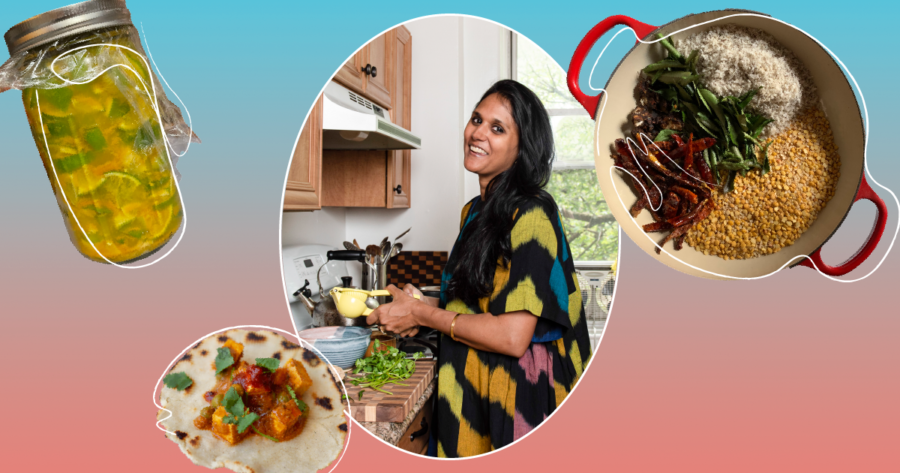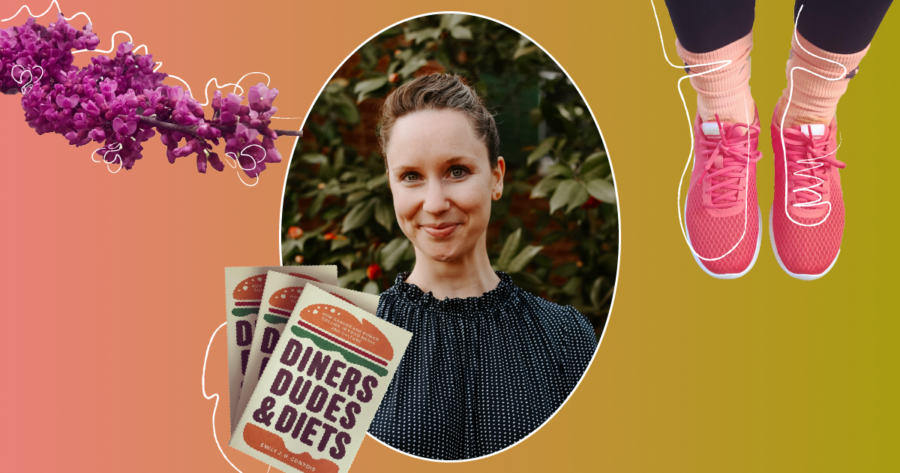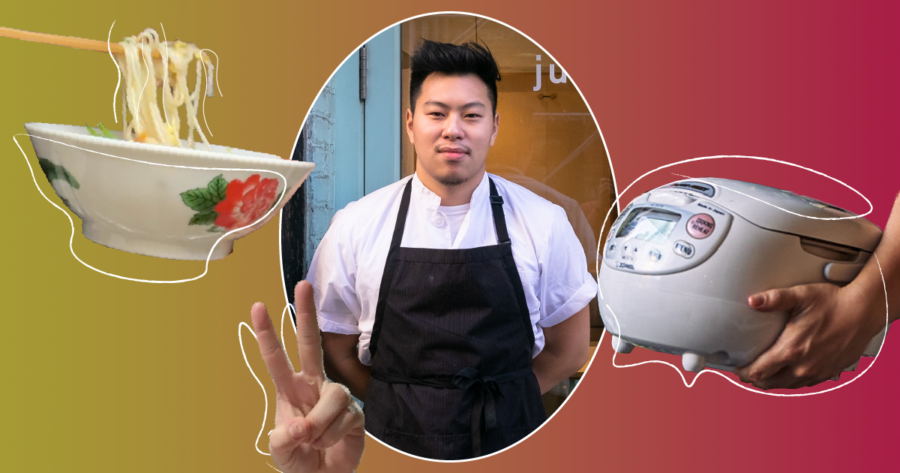INTERVIEW
Writer Mayukh Sen is Crafting a New Food Media Playbook
WORDS & PHOTOS BY VICKY GU
DECEMBER 3, 2020
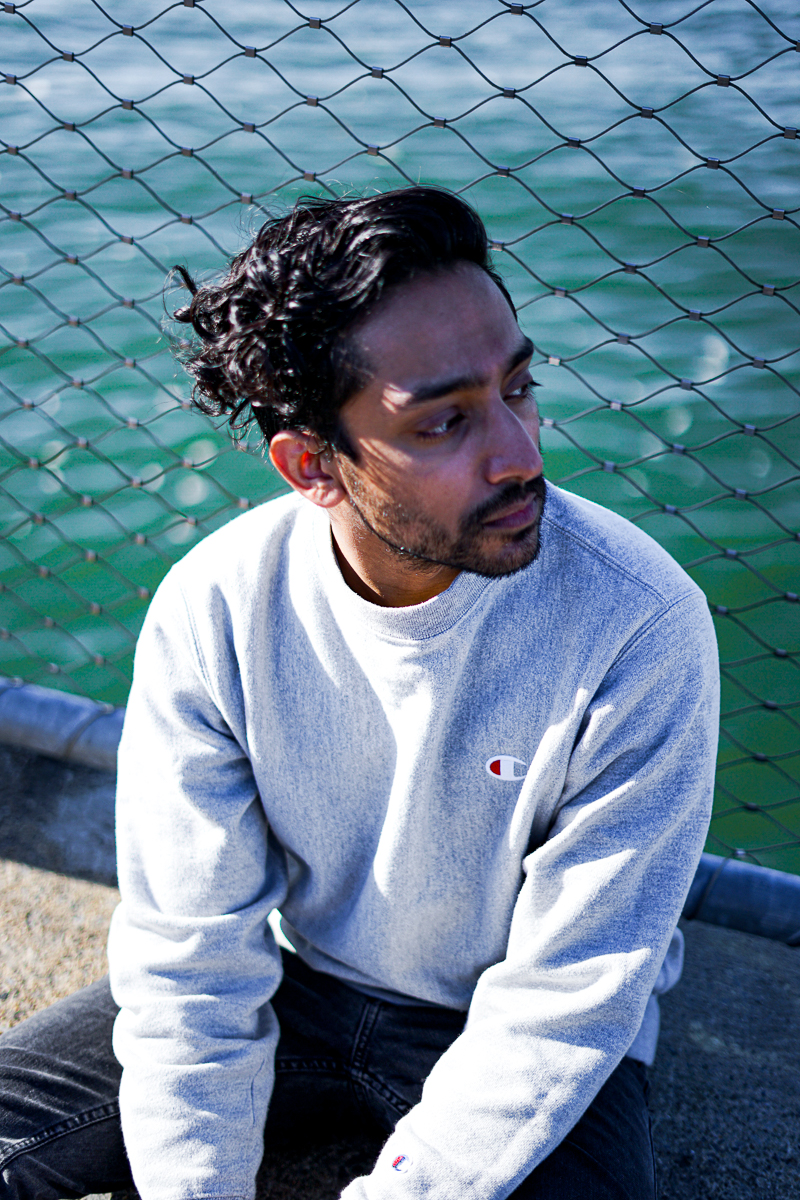
Coming from film and culture, Mayukh Sen fell into food writing by accident. His lush and incisive profiles of forgotten and marginalized food figures have since earned all The Establishment awards: James Beard, IACP, The Best American Food Writing 2019, and a book deal. But Mayukh knows there's no traditional playbook for what he's doing, and who he is, within food media—there’s only turning to the next unwritten page.
Bonus features: more shots of Mayukh's quarantine curls, Japanese fruit candy, and sharp commentary from acclaimed food writers Charlotte Druckman, John Birdsall, Eric Kim, and James Hansen.
Vicky: I want to start with the early days of your career, when Kenzi Wilbur hired you as a staff writer for Food52. You saw promise and newness in the future, and I wonder how we might cultivate that sense of potential again today, when the times are more likely to stymie that spark. 2020 is a different place from 2016, but it’s also the same.
Absolutely. I don't want to be too rose-tinted about the awfulness of this current moment, but when the pandemic started in the spring, it unlocked a new kind of awareness within food journalists who previously may not have been attuned to issues of labor and class within the industry.
In the past few months, we've seen a lot of reporting that reflects that newer sensibility. Finally, food media's paying attention to employees who have been abused and neglected, allegedly, by horrible bosses. I see this year as pushing food media forward in thinking of all the stories that we weren't telling over the past few years, and asking ourselves: how can we make sure that we are telling these stories in a consistent way in the years moving forward?
How can we make sure that our empathy as writers and reporters remains on those various subjects? And how can we still retain the trust of those marginalized populations moving forward? I think that the pandemic has really shown that there are a lot of stories that we have the resources to tell now.
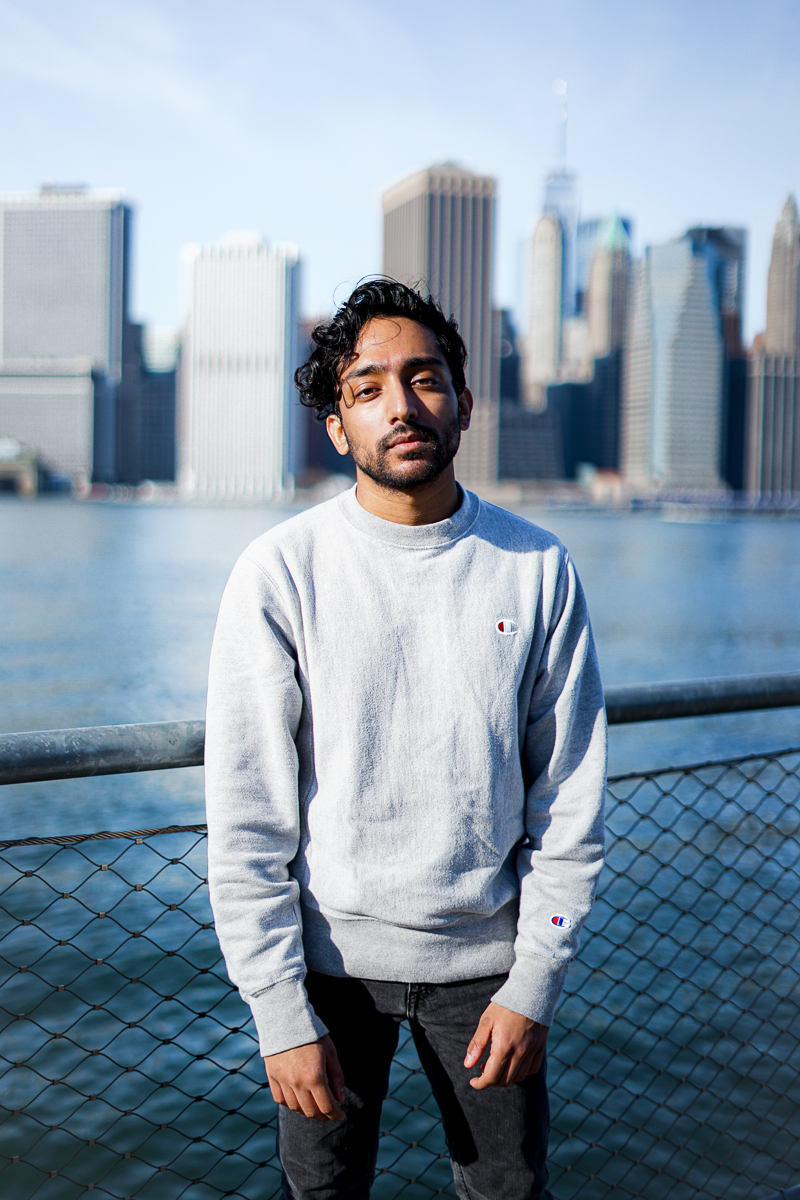
So how do we tell those stories? I’m thinking specifically of your upcoming book, featuring seven immigrant women who changed food history. How do you enliven their worlds, especially when you’re writing on subjects from generations past?¹
¹From Eater London + In Digestion newsletter editor James Hansen: “His food writing, which focuses on the immigrant women that American food culture has decided to forget despite their moulding of its contours, is like a double helix. It wraps the truth around the accepted narrative to show how their becoming cannot be separated, and to make us recognise why they were.”
It's a very fun project to inhabit a different period than the one that I grew up in, and the way that I do that usually is through extensive archival research, along with as much reporting as possible. But really, the way that I glean a lot of the details about what the East Village was like back in like the 60s, when Princess Pamela²—who is one of my story subjects from a piece I wrote for Food52 three years ago—was alive, I talked to people who were alive at that time. I revisited her cookbook, and I looked at articles that discussed her restaurant in the context of that neighborhood. I looked at old photos and old videos. And through that all, I ask myself: Okay, what is going to draw a reader in?
And usually the answer to that question is what excites me as a consumer of these words and images that I see in my archival research. How can I translate them to the page for a reader in some way? I think one of the most rewarding parts of this job of being a writer—especially one who writes about history—is just the sense of wonder, that every single story is an opportunity for me.
There's so much that I don't know. And each story kind of reminds me of the limits of my knowledge, so I really just try to loosen up and have fun with that aspect of the storytelling as much as I can, just to retain the sense of wonder that I feel and transmit it to the reader.
²From journalist + food writer Charlotte Druckman:
"Like a lot of my colleagues in food media, I wasn't aware of Mayukh's work until he began writing about food. I read his longform piece about Princess Pamela on Food52 and was like, who is this guy? His writing was beautiful, but more than that, he wrote a profile of a "forgotten Black woman," that rendered her in 3D—as a whole, sentient, complex human being, as opposed to a token or representative, or someone to be pitied simply because she was a Black woman and forgotten."
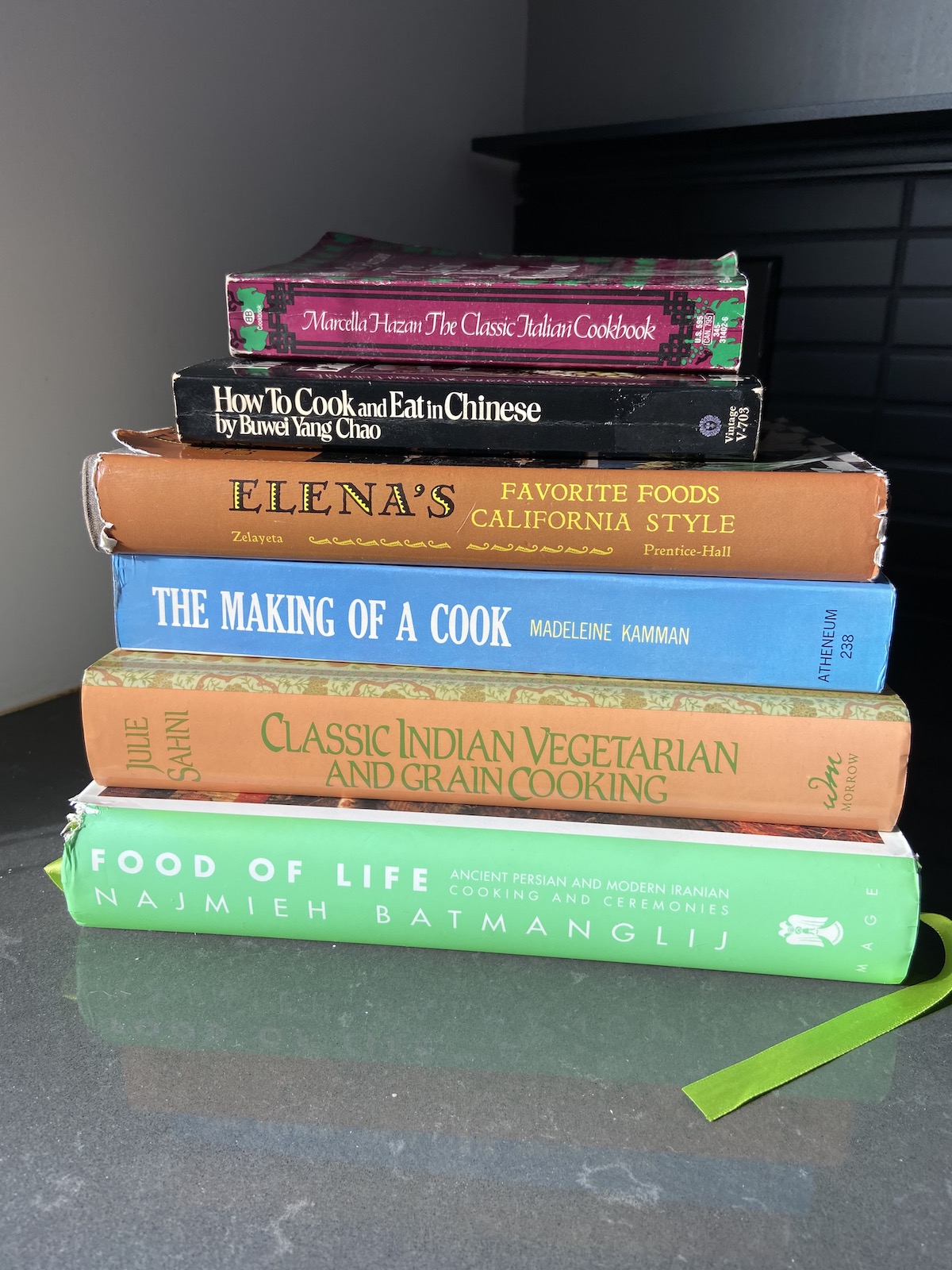
Books authored by six of the seven featured women in Mayukh's upcoming book. Mayukh Sen
³From James Beard Award-winning author John Birdsall: "Mayukh’s language, his voice, is elegant: polished and polite. But in his favorite genres, profile and biography, Mayukh peoples his world with the overlooked, the ones in the room whom the official narratives have decided not to notice, but who, through his gaze, have all the power. This gives Mayukh’s writing a quietly incendiary quality, a kind of freshness that burns."
I’m glad you brought up wonder. It’s hard to retain that, especially as the media likes to capitalize on how we define ourselves—through ethnicity, sexuality, politics, you name it. We don’t want to be another soft anodyne blossoming story of someone coming to know themselves, yet we must remain honest. We don’t want to yak on about inequities, yet we must illuminate them. How do you do it so deftly?
Yes, absolutely. Thank you for characterizing my work in that way. Let me think about that for a sec.
You just sublimate all these tensions into your writing.
Well, I think a lot of it just has to do with the subtle ways in which I try to bring my own self and my own experiences into my writing. These days, and certainly not in my book at all, you'll very rarely see me insert myself into the story very explicitly, because I think that is a totally boring point of entry. And it's never my intention to make stories about other people about myself. Because I don't think that I'm as interesting a character as the people who I might write about.
But I do try to look back on my own experiences as a queer person of color and a child of immigrants in America, and think of all the wonderful things that have happened to me that I've been blessed with, and the totally euphoric experiences of my life, and how those sit alongside all of my traumas, and all of just the heartbreaks that I've endured, through all the structural and systemic barriers that I've faced throughout my life and my career. I think about how all those elements coexist within my own being, and I try to give words to how a lot of my story subjects have been in similar boats as well. So that's how I bring myself into these stories. It comes back to how the mark of a skilled reporter and writer is empathy for their subjects. I write about so many people who do not look like me, but I can identify certain feelings that they may have had at different points in their lives and careers that mirror some feelings I've had myself and that's what allows me to have all of these different emotions coexisting in one story.³
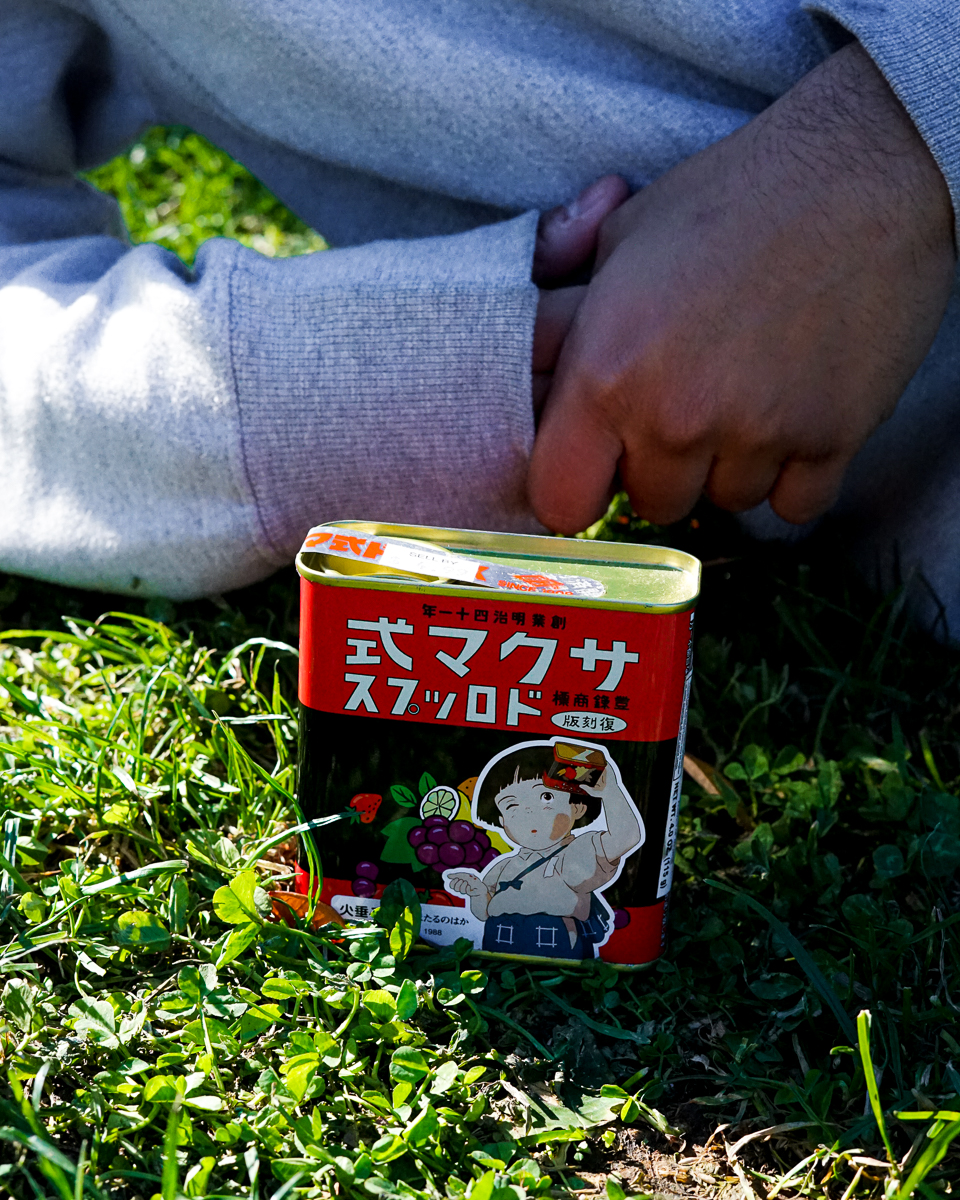
Japanese fruit drop candy.
Pictured, from Mayukh: "It's a tin of Sakuma fruit drops (a Japanese candy) featuring Setsuko, one of the main characters from Isao Takahata's World War II drama Grave of the Fireflies (1988). Without giving too much away, they're a crucial part of why the film is so heartbreaking. Grave of the Fireflies is a movie that taught me how to tell stories about food that don't purely center on pleasure. (I wrote about the movie a bit more in this essay for Affidavit last year.)"
That reminds me of a couple of writers I admire, like ex-NYC-dweller Anne Helen Peterson who is now in Montana and still slinging zingers every week. Or Jiayang Fan and her boldly intimate writing, in contrast with her predecessors at the New Yorker who reported on China in a different style, by virtue of their race and location. Sometimes, we don't have the luxury to be able to detach who we are from our writing. But at the same time, that doesn't mean that it has to define it overtly.
Yeah. I never want to put myself in a position where I have to announce in every piece that I’m a queer person of color. I'm so bored with myself as a character and story. Like, who cares about me?
I think this is also a byproduct of when I first got into food media four years ago and began with writing so many personal essays. One of the first essays that got attention from people I respected in food media was a piece I wrote about fruitcake and how it's both a gastronomical and homophobic slur. As someone who's queer and Bengal, I grew up eating fruitcake and really treasuring it. I sit in between these two meanings of the word and explored that whole idea in detail, where I metabolized all of that personal writing very early on in my food writing career. But by 2018, I got to a point where I was like, okay, like, that's all I've got. I've exhausted every food story that lives inside me.
That's also informed my work as a teacher—I teach food writing at NYU’s journalism school. We start out with writing personal essays, because I tell my students, there's a food story that lives inside you. And even if you didn't grow up thinking this, food does mean something to you in some capacity. Let's explore that. But after that, that's when the real hard journalistic work comes. Writing personal essays for me just felt like I was getting my feet wet and getting myself used to the very concept of writing about food, which was so foreign to me back in 2016.
Ah, teaching! How do you teach and care for your students?
So teaching happened to me by accident, just like the writing did. In early 2019, NYU asked me if I might be interested in taking over teaching this food journalism class that Amy O'Connor, who is a veteran food journalist, used to teach. She put my name forward as a potential professor for this class.
I take my job as a teacher very seriously, because given the recency of my undergrad experience, I understand how much a positive experience with a professor can really shape you in your formative years, and I would never want to give my students a negative experience in any way. I want them to remember my class or something that may have changed the way they approach writing or change the way they look at food, or just the practice of journalism itself.
I try my best to take a lot of care with my students and grade their essays with as much rigor but also empathy as I can, which is a tough balance to strike. Earlier in my teaching career, I was probably harsher on my students than I am now, and it's always going to be a process to have generosity for students who might be completely new to writing or journalism or might not have English as a first language.
It's tough, but I love teaching so much, because I've gotten so used to being a semi public person by extension of just being a writer online. Teaching is very private work, in contrast to writing. So much of it happens within the classroom or on Zoom, and as a result I’ve started to feel myself withdrawing from the public eye and focusing on building those relationships that I have with students, who trust and respect me and want to learn whatever they can. I get so much fulfillment from those kinds of interactions because they’re so unlike any I have as a freelance writer. I love teaching. It's a lot of work grading so much work, but it really feels worthy.
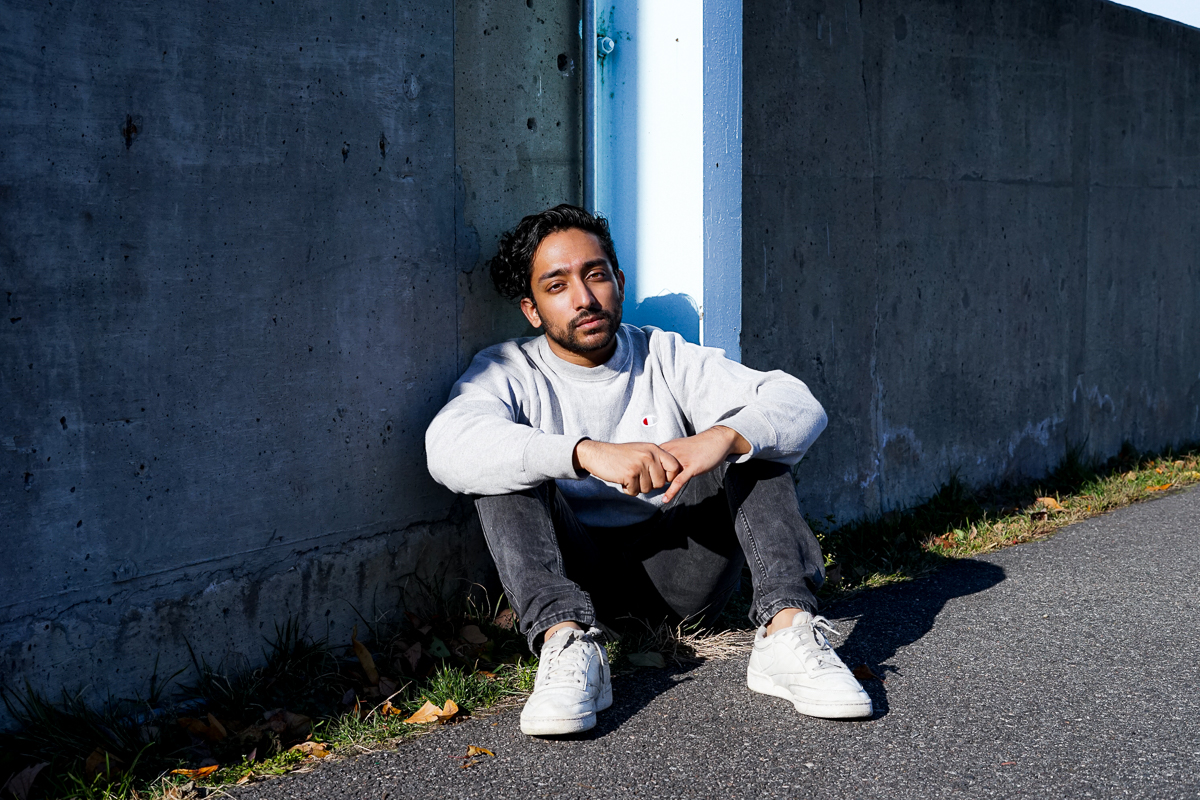
To your take on the public persona—I’m similarly ambivalent, which I think comes from having worked in marketing. Managing multiple digital communities on a professional level really detaches you on a personal level, which I'm also grateful for. Social media for me is just proof of life at this point.
Yeah. Part of the reason why I have become just so private over the past few years is because from 2017 onward, so much has happened in my life. My dad died in 2017, when I was 25, after being sick for over half my life. And then a few months later, I won a James beard award when I'm 26.
If you're looking at 2019 from a superficial standpoint, so many nice things happened. I got another James Beard nomination, I got an IACP award, I got anthologized in The Best American Food Writing 2019. But I was so miserable last year, being in this industry and feeling like I was just measuring my own self worth based on these arbitrary metrics, like awards and distinctions. It was exhausting.
I’m trying to take 2020 to look back on this whirlwind of wonderful and terrible things that have happened to me over the past few years, and remind myself that my self worth is not based on my career as a food writer. Part of that has been me no longer always identifying as a food writer. After I won that award two years ago, I felt a lot of pressure to be like, yeah, I'm a food writer, I'm gonna own it, but I think that term food writer implies a certain kind of skill set and a love of cooking that, neither of which I really possess.
This year has really just been me asking myself: what is my relationship to food writing, and how do I want people to understand my intentions when I do write about food? It's been a lot of soul searching in that regard.⁴ But it's been nice to not have to worry as much as I have in the past about what people think of me.
⁴From James Beard Award–winning author John Birdsall: "He's gone from being a young outsider, filled with a thrashing critical intelligence, to a seasoned judge of both writing talent and the enormous obstacles to breaking through in food media."
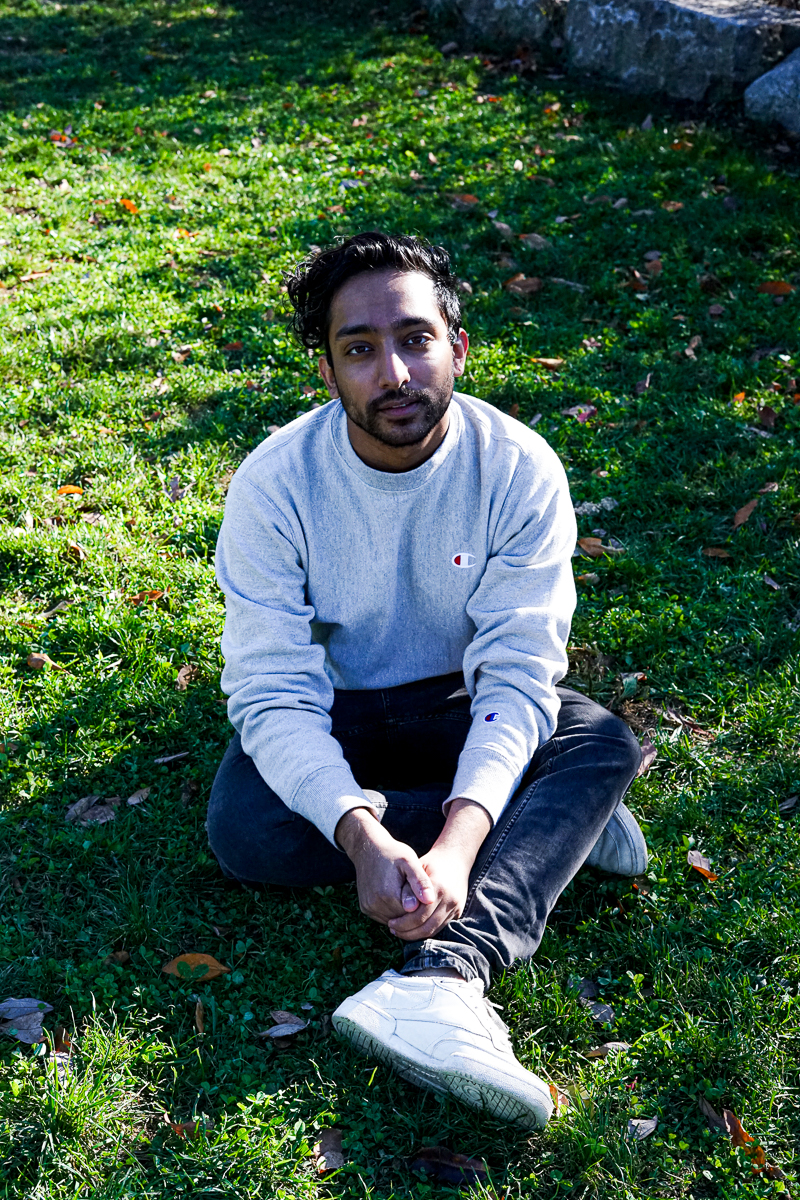
It's so funny that this year, I've gotten so many people asking, where are you? Where'd you go? And I'm like, I'm still working, doing my job, just please leave me alone. I think a lot of this has to do with the fact that I've been writing a book for the past two years, and that is a very solitary experience which requires you to just put in that work. In the past year, I found myself always being very loud on social media⁵, and which was coming at the expense of me actually being able to focus on my work.
⁵From journalist + food writer Charlotte Druckman: "Something I recognize in Mayukh is that contrast between having really strong opinions about ethics and standards in writing and journalism (and film), and being an extremely introverted, sensitive person. That's hard to navigate, especially in a social media-powered environment."
⁶From Eater London + In Digestion newsletter editor James Hansen: “It is self-evidently exhausting to put oneself into unequal power dynamics daily on social media. I think Mayukh is able to drive those conversations in his work, without having to play them out on Twitter.”
A book is going to be way more lasting than any dinky little article that I write that people will forget about in like five days. Whereas a book is something people forget about in twenty days, but it is a little more lasting than an article, so I really have to put a lot of effort into it. And so this year was me giving myself the space to do that. But it is frustrating⁶—this kind of expectation that you must always be putting yourself out there and broadcasting to the world that you are still alive and doing things.
At least in the first half of 2019, I felt like I was being interviewed and having my photo taken more often than I was actually writing, and it just felt so weird. It’s nice to be photographed and interviewed, but a certain point, I don't like this whole concept of me being a public person to the point where people are asking—wait, so what does he actually do?
I want to be known for my writing⁷ and my creative output more than anything else. I think that my ultimate goal is for people to take me seriously as a writer. And that has happened for me in some ways in food media and in other ways it hasn't at all. I'm still fighting for that basic courtesy and respect from people. And hopefully, I'll find it in the next few years.
⁷From journalist + food writer Charlotte Druckman: "I think the assumption is that because he's accomplished, he won an award, he must be settled in his career and "established." But he's someone who feels very much like he's an outsider to The Establishment. You can maybe intuit that from his choice of subjects, but I'm not sure it's clear that the kind of confidence ascribed to him isn't there... yet, because it hasn't had time to develop. Mayukh is just getting started."
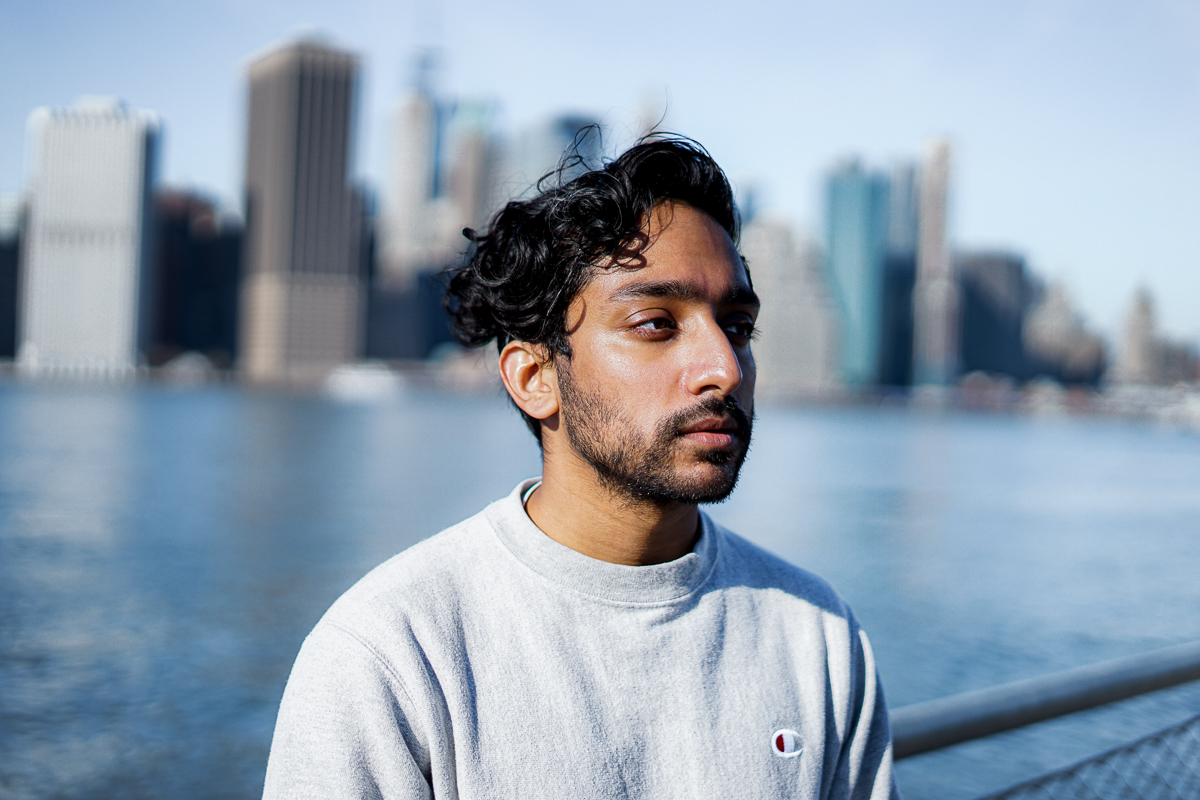
I have one question left, the embarrassing one.
Oh God.
[Vicky laughs] Okay, more like the chill one, drawn from your NEED Supply interview, when you mentioned your go-to meal at home is something you’d be embarrassed to publicize. We’re not going to let you get away with that, so, what is your unglamorous, unthinking meal?
From the start of my food media career, I've just been very steadfast in my lack of commitment to actual cooking. I try to be very upfront about it; I just write about food. I am not a cook, I just cook well enough to survive. Barely well enough, I should say. But in terms of my go to meals are for dinners—uh, just a grilled chicken breast, and some pasta. With some sauce and vegetables, spinach preferably. It’s extremely boring; I just want to make sure I’m getting enough protein for the day.
I think that my lack of adventurousness in cooking has a bit to do with the fact that my kitchen—like so many other people's kitchens in New York—is very small, and...that's not an excuse.
If you have a kitchenette, that's like maybe half an excuse.
Right, exactly. No, this is not an excuse. For some reason, cooking has not brought me as much joy as other creative pursuits. I'm not quite sure why that is. Maybe I'll figure that out in the years to come. We'll see what happens.
We break for the photoshoot. In front of the camera, he’s quick to hold a steady gaze and respond to creative direction. He’s comfortable in his skin, exhibiting a self assurance distinct from the questionings and reckonings of our conversation.⁸
He seems reticent to have his smile published—as brilliant as it is—so I factor it in for final image selects. But maybe we don’t need a camera lens for that. To his wishes, perhaps we’ll find it in his writing: a smile hidden in between the lines, revealing itself to those who take the care to look.
⁸From writer + recipe developer Eric Kim: "I've appreciated that someone else, young and early in their career, had the same anxieties that I do. About business, about recognition, about writing. With him I never feel that I have to apologize for my ambition, or my goals in life. I can just be myself without worrying about judgment. He's just as scared as the rest of us."
Sign up for Currantly, our newsletter delivering original food stories and news analysis, with surprise treats of freshly curated recipes and product drops. Think of it as your monthlyish digest to deepen your stance on food issues and be creatively inspired.
Vicky Gu is the Founder and Managing Editor of Currant. She's a multidisciplinary editor, designer, and strategist based in NYC, with roots in Dallas and Shanghai.
Sign up for Currantly, our monthlyish newsletter delivering original food stories and news analysis, plus fresh curations of recipes and product drops.
